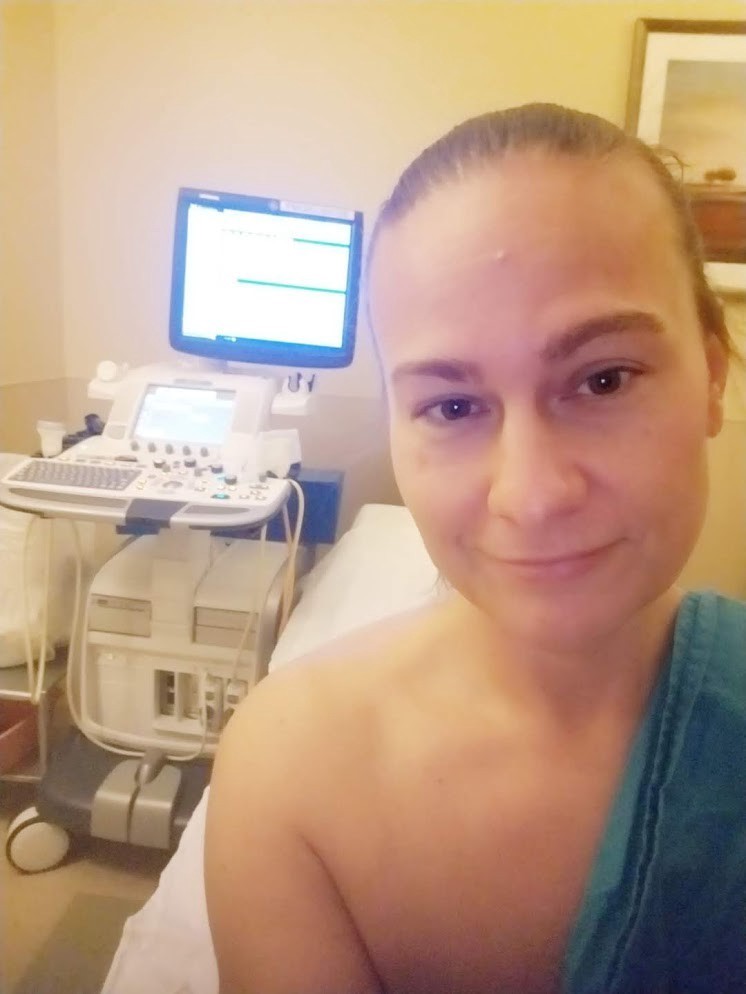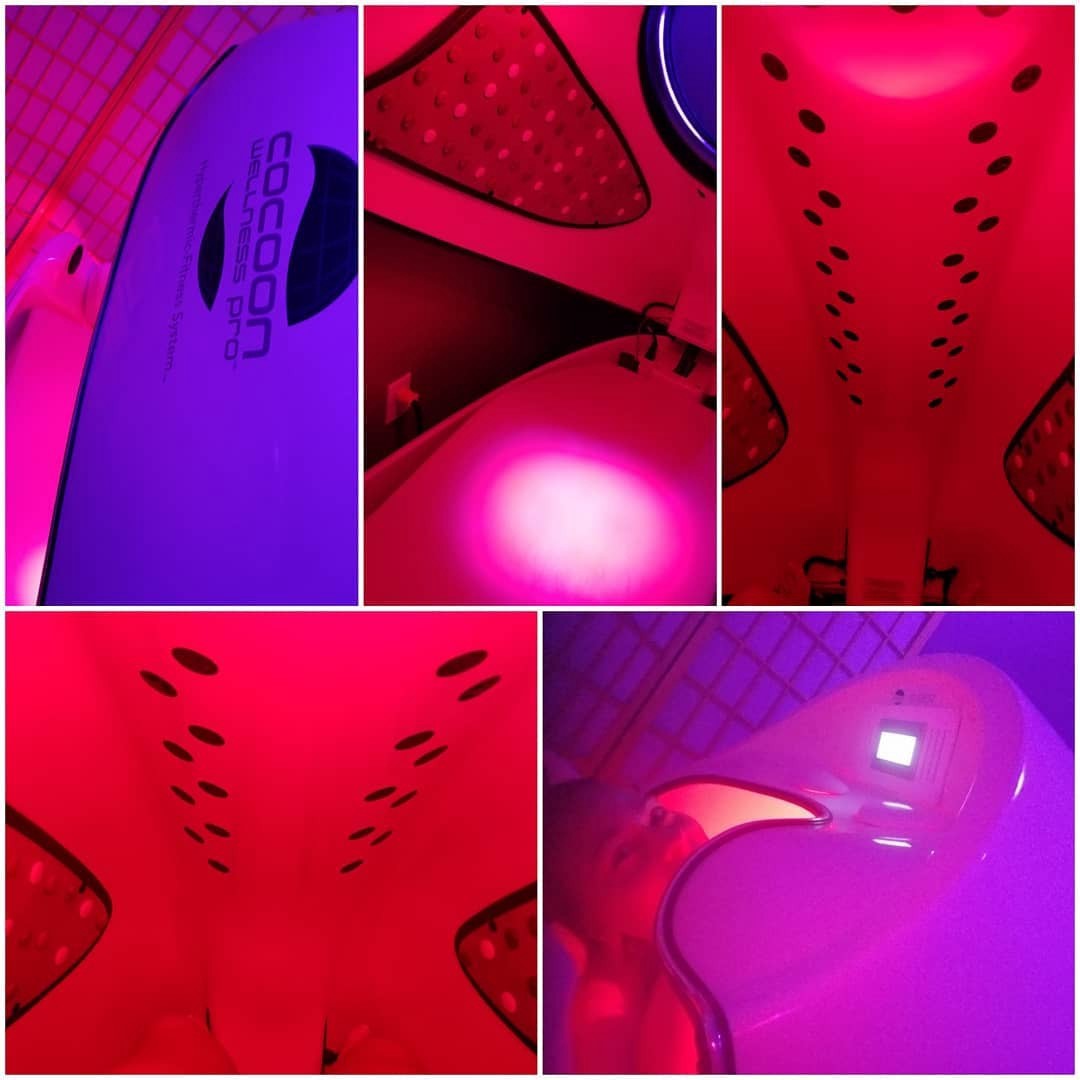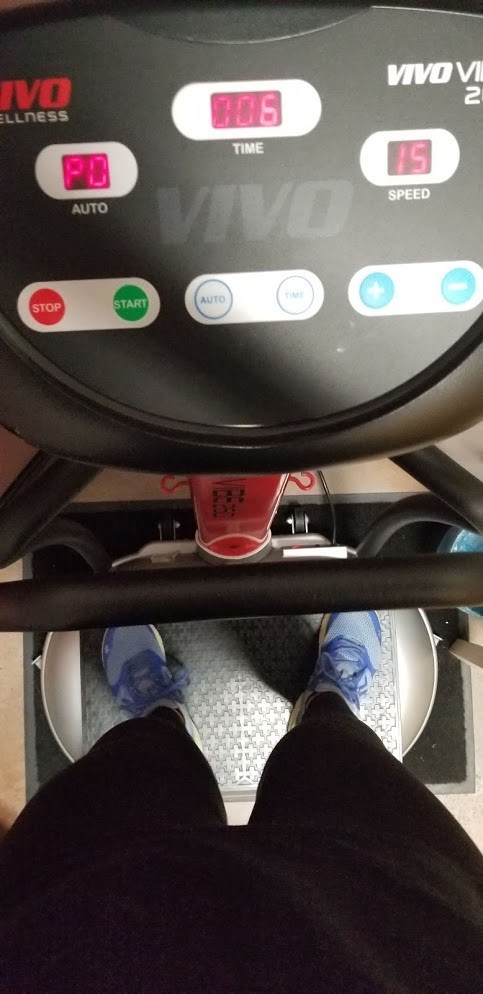I’m going to start this post the same way I’ll end it — reminding you that each person’s cancer journey is just that –their own journey. It’s unique to each individual — there is no right or wrong way to get through a cancer diagnosis. Trust me on this one.
So why are we talking about cancer today? Because I’ve been asked a lot lately about why I chose to avoid chemo and radiation. Especially working in the health care industry, I think people expected me to take a more traditional route. But instead, I opted to take a naturopathic approach WITH some traditional methods.
This is where it starts getting heated. As soon as I say naturopathic, I start getting slammed for “perpetuating myths” or “not admitting to the truth,” or my personal favorite “being a hippy-dippy Indian.” True statement, I am a bit of a “hippy dippy” Native American — I mean, I live in nature, I believe Mother Nature and all of the elements help us in the various facets of our lives and I do believe the we return to the earth from which we live on. But I’m not sure that’s what these people mean when they say that.

Having two kinds of cancer is a complete double whammy!
Before I go too far down this path though, I want to acknowledge that this journey is mine — and mine alone. And that although many of you know that when I say #effcancer it usually refers to my breast cancer, but what a lot of you don’t know is that late last year I was told I have early stage cervical cancer. It was a shock. A hit to the gut — or lower as the case may be. And I’m not afraid to talk about it, though I don’t exactly love having my vajay-jay be the topic of public fodder, it was more me not sharing because when I did tell those closest to me, I saw the deep way it impacted them. Hearing me say I have ANOTHER form of cancer was like twisting a knife. There were tears, there were swear words, there were gasps, there were “are you fuc$king kidding me” moments. So, I opted to process this one with those closest to me and now, after having had a couple of surgeries and having changed my naturopathic approach again, I’m ready to talk about it.
Now that I’m ready to talk about it, why am I talking about it here? Because I’ve been sharing my methods with people individually for a while now and frankly, I’m getting a little tired of repeating my message each time when I could just put it all here and point people to it. So, I’m going to share a bit about the approach I took and why.
So, what do I mean by a naturopathic approach that combines with traditional methods? I mean that for both my breast and cervical cancer, I opted to have masses removed. I opted to have the damaged and cancerous tissues surgically removed from my body but not to move into chemotherapy drugs or radiation as the next step. I didn’t want to potentially damage healthy tissue just to combat damaged tissue. I consulted many an osteopath, naturopath, traditional Chinese medicine practitioners, etc. I asked a lot of questions, talked to a lot of people who had chosen these options and made a plan.
That plan is always evolving, optimizing, changing based on research and what seems to work for me. I still see my primary care physician (who is an amazing Providence St. Joseph Health doc), I see a naturopath and I see my oncologist specialist (also amazing PSJH docs), and we all work together. It’s part of why I love my traditional clinical experts, they know it’s my choice, they are willing to answer my questions and work with my non-traditional docs. Side note — if your doctor won’t answer your questions, you need a new doctor.
You’re probably thinking — we’re seven paragraphs in and I don’t know what you mean by naturopathic approach to cancer. So here goes — this is what my journey consists of:
- Know that the healing of your illness requires mind, body and spirit. You will need to address all three in order to focus on your healing and wellness.
- Naturopathic, by its nature, means using your own body’s healing resources to do just that — heal the body. In order to help my body heal itself, I’ve taken on several opportunities to assist.
- Fasting: I do fasting one or two days a week regularly, though not a traditional fast as I take in 400–500 calories a day, but it’s straight smoothie/juicing of vegetables and fruit six times throughout the day. The rest of the week I do intermittent fasting, where I try to only take in calories between Noon and 8pm each day.

B12 injections can take a little getting used to
- Vitamin therapy and Immunotherapy: I take a customized mix of vitamins to help with the types of cancer I have. That includes simple things like Vitamin C, Gamma E, folic acid, bromelain, probiotics, calcium, etc. I also do B12 injections, which is technically considered part of the standard immunotherapy protocol, but I don’t consider what I do Immunotherapy.
- Herbal therapy: Traditional Chinese herbs can be an amazing option if you’re open to it. Some are a little more “interesting” than others. But some are pretty basic — for example, I take green tea extract and coconut oil daily and monthly I take mimosa root that gathers up impurities in the body and toxins as it makes its way through your system. If you want to prove this one, you do a stool sample with your doc before and after and you’d be amazed what you learn.
- Removing hormones from my diet: For me this means not putting chemicals and hormones into my body — no medications, no hormones (read forgoing birth control methods that rely on hormone control), and a controlled food regimen.

Full cocoon red light therapy feels amazing!
- LED red light therapy: I’m pretty partial to the cocoon therapy option for this, but you can do spot treatment on a specific location like a breast, etc. Red light produces a biochemical effect in cells that strengthens the mitochondria which is supposed to make the cells function more efficiently, rejuvenate themselves, and repair damaged tissue.
- Yoga/Meditation: If you aren’t taking mental health moments in your day, you’re going to lose yourself. For me, this “me time” is really about focusing on me, thinking about healing my health and really spending the time to allow my body to breathe, to heal and to repair itself.

- Vibration therapy: I love whole body vibration, so much so that I bought my own machine for my home. There are a lot of benefits, but one that I find is it really loosens up my muscles after running and helps my body de-stress itself, which really helps heal all issues in the body. As it relates to cancer, it’s a bit more controversial. Many people believe that the vibration waves of these machines actually encourage cells to “kick out” broken and damaged tissues. Others believe it causes these damaged tissues to break away from their enclosed space (where you would treat with radiation) and do more damage. This one you’d really have to research before you try it!
- Acupressure and massage: “When your body feels good, it heals good” — or so my acupressurist says. Basically, acupressure stimulates points that correspond to specific organs, emotions, or sensory feelings. I used it a lot after surgery to really help with pain, but I also believe in massage therapy to release toxins in the body and to help heal areas that have been damaged.
- Friends and Family: Never forgot the importance of having a good circle of people around you and making the time to be with them. Your mental and emotional health will thank you for it, which in turn impacts your physical health. For me, it’s also about communing with my fellow Christians — my spiritual health matters to me — and it matters to my overall health.
There you have it, that’s been my path as I’ve gone on this journey. There are also a lot of naturopathic options I’ve considered but haven’t tried yet. Mostly because I haven’t needed them, but if you’re doing the research, certainly take the time to look at chelation, regenerative peptide treatment, halo therapy, biomagnetic therapy, hyperbaric oxygen therapy and more.
With so many options to consider, make your journey the one you want it to be. Because, as I said at the beginning, each person’s cancer journey is their own — to determine how and what they make it. I wish you all the best of luck as you go on your personal path.

